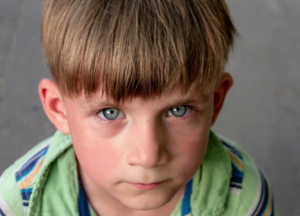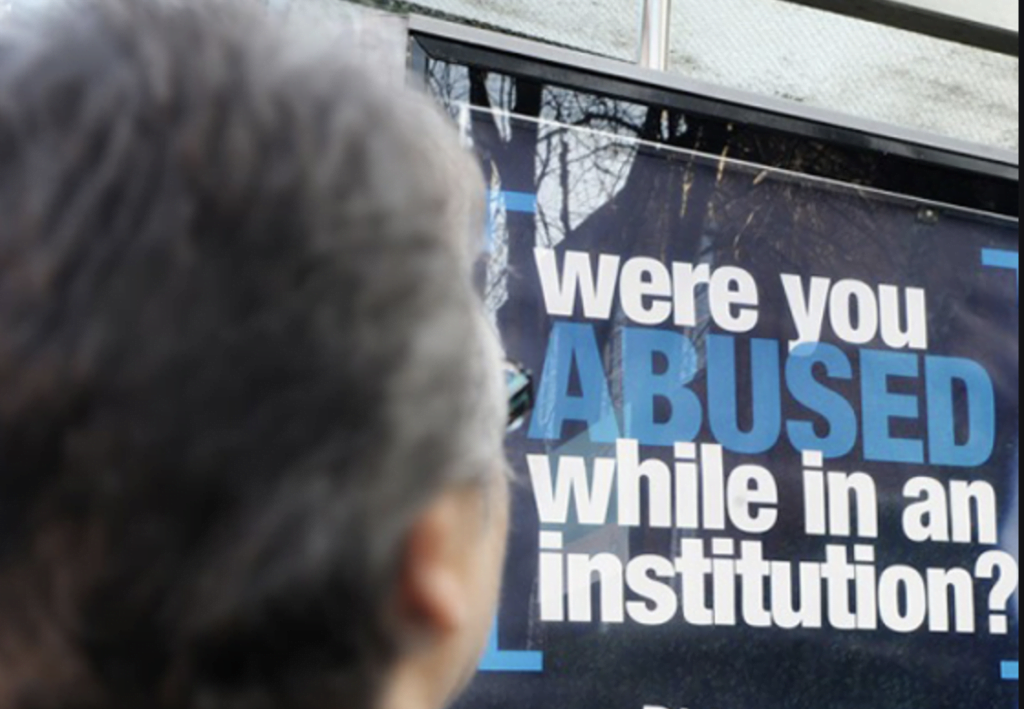Prove historical abuse.
You may be reluctant but you can succeed.
If you were a victim of abuse as a child or young person, it is known as ‘historical abuse’. Your decision to report it now is bound to be influenced by whether you’re likely to be successful and how difficult it’s going to be. Historical abuse cases have had lots of publicity in the past few years, especially for those abused (or allegedly abused) by prominent people and it could easily put you off. It’s revealed a level of interest from the press and public, which is often voyeuristic and ghoulish. Maybe now as an adult you want to report your abuse to the police but you’re worried about proving it and concerned about the publicity, the pressure and the repercussions. This is very understandable.
Taking the first steps to begin the prosecution process can be very upsetting and difficult for a complainant and there are many reasons why it may take years to speak out and report abuse. It could be that you reported it at the time and were not believed. If so, you are bound to fear this will happen again. Or the abuser may have exerted so much control and been so threatening and frightening that you still don’t feel able to speak out. Sometimes seeing media reports of a high profile abuser being arrested can encourage the victim. There are good reasons for having reservations about reporting your abuser to the police.
there are many reasons why it may take years to speak out and report abuse. It could be that you reported it at the time and were not believed. If so, you are bound to fear this will happen again. Or the abuser may have exerted so much control and been so threatening and frightening that you still don’t feel able to speak out. Sometimes seeing media reports of a high profile abuser being arrested can encourage the victim. There are good reasons for having reservations about reporting your abuser to the police.
Forensic evidence may have disappeared over time
The truth is that a prosecution will be hard to get. I don’t say that to dissuade you, but for you to know the reality. You will have to be determined and persistent. It’s particularly difficult because since the offence or offences are not recent, the evidence gathering process is trickier for the police than if abuse is recent or even going on at the time. Nowadays there are more scientific tests that can be used to gather evidence but the passage of time will make them unhelpful unless the abuser, rather like trophies are kept by a serial killer, has kept something which will yield evidence.
The steps that must be taken to prove a case of historical abuse
1. Report it to the Police
The first step in attempting to bring a prosecution is to make a complaint to the police. Ideally you should talk to the child protection or public protection department of the police as they’re the ones dealing with these types of cases and trained in investigating them. You can do this by going to your local police station, calling 101, or reporting a crime online if that’s an option.
Part of making a report involves giving a statement setting out what happened in detail and providing details of the abuser. After this the police should outline the prosecution process so you know what to expect if you want them to try to get it prosecuted in the criminal court. If the police feel confident that you wish to proceed, they will begin an investigation.
How will the police investigate?
Here are some of the things they might do:
- Interview anyone who has already supported you. This could be anyone (a relative, friend, or professional) you spoke to about your abuse either at the time or later. If you reported it to the police before, they will try to find the case file to see if it contains evidence that can still be used or offers any leads.
- Establish whether there are any other witnesses who can corroborate your report. You will be able to help with this by providing information about who you think might be helpful and their contact information if you have it.
- Gather forensic evidence, although this may not be possible because of the passage of time.
- Analyse the abuser’s phones and computers or anything else they might find after searching the abuser’s house and any other relevant places like their office.
- Make enquiries of your GP or other medical professional you’ve seen and ask for your medical records (if you give consent).
- Arrest and interview your abuser at the police station under caution.
- Sometimes the police will decide to release a suspect after interview to undertake further investigation arising from what came out of the initial interview, followed by further interviews.
What happens when the police have completed their investigation?
Once they have completed their investigation, which could take a long time (it’s impossible to say how long), the police will pass their file to the Crown Prosecution Service (the CPS), who will decide if there is enough evidence and if it’s in the public interest to charge the suspect. If so, they then decide on the actual charges the suspect will face, which depends on what’s shown by the evidence.
Prosecution lawyers may ask you to attend a pre-trial witness interview. Don’t be alarmed. This interview usually takes place when the file is with the CPS and before they decide whether to prosecute. Pre-trial interviews are common because they allow prosecution lawyers to confirm aspects of a case, such as a timeline of events or identifying descriptions of a location or perpetrator. They are voluntary but if you can cooperate they can be a huge help to prosecution lawyers and you get an opportunity to help them to understand the details of the case. It is likely that your pre-trial interview will be recorded; this is a precaution to ensure the prosecution lawyer is not coercing or coaching you.
The decision to charge
The next stage is the decision whether or not to charge the abuser. Obviously, even if there is are charges this does not mean a conviction is assured. That’s decided by the court hearing. If the CPS decides not to charge, it does not mean you have not been believed. It could just mean that the police were unable to find sufficient evidence or did not believe they could prove it to the standard of ‘beyond reasonable doubt’.
If the CPS decides not to prosecute, victims of crime have a right to seek a review. You can begin the review process by requesting it. You will be told where you should write to in the correspondence that tells you that the case against your abuser has been discontinued.
2. The Court Hearing
Once charges have been brought the case will have to be heard in court. Due to the seriousness of child abuse cases they are almost invariably heard in the Crown Court in front of a judge and jury. Your abuser will initially attend a hearing at the Magistrate’s Court but that will likely be a short hearing referring the case to the Crown Court.
Trial length
The trial length depends on the number of charges, the number of witnesses required to give evidence and the amount of time it takes for the jury to reach a decision. Normally these kinds of trials last from a few days to several weeks.
Cross examination
You may have to give evidence during the trial, which is obviously a daunting prospect but you can request special measures, which can include giving evidence via video link or anonymously from behind a screen. The defence lawyer’s job is to defend your abuser and consequently they will cross examine you with a view to trying to discredit you and your evidence. Don’t be surprised. Stay calm. Listen carefully to the questions and answer what you’ve been asked, no more.
A useful tip for giving evidence in court is to remember that you have to persuade the jury, not the defence lawyer who can never be persuaded. So when being asked questions, look politely at the lawyer but when answering the question, turn and look at the jury. Do not answer while looking at the defence lawyer. It’s difficult but it really helps. Practise before the hearing.
If you feel overwhelmed, ask for a break. The judge may step in to protect you if the defence becomes too aggressive but you should still be prepared for a testing time. The defence lawyer will be seeking to establish reasonable doubt in the minds of the jury to get a ‘not guilty’ outcome.
The jury’s decision
Once the court has heard all of the evidence from the prosecution and the defence, the judge will sum up the details of the case for the jury, who will then retire and consider what they have heard during the trial. Depending on the length of the jury’s deliberation and the nature of the case the judge may allow a majority decision, which would allow a verdict to be passed with a ratio of 11:1 or 10:2. This concession will only be allowed if a unanimous decision cannot made.
Conclusion.
It is possible to secure a prosecution of historical abuse and to get a conviction but it’s difficult. Before embarking on this quest, consider the pros and cons and whether you feel able to withstand the pressure and possible repercussions. If you have good support you’ll find it easier than if you’re facing the fight on your own. Access Victim Support if you don’t have your own circle of family and friends who can help.
For more information on types of abuse, view our page all about evidence gathering for individuals.


